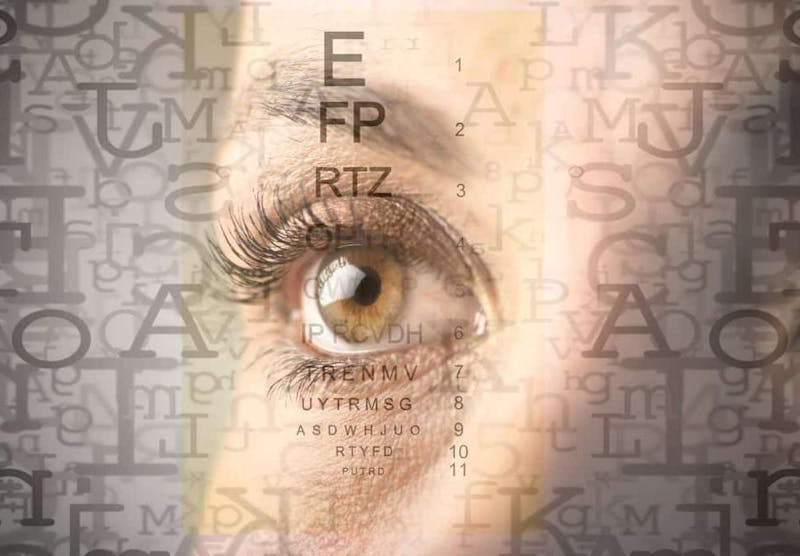
Next thing you know, it’s already the end of the calendar year! When was your last eye exam? No matter your age or physical health, an annual, comprehensive eye exam will help detect any eye problems at an early stage when they are the most treatable. Eye exams not only determine your visual acuity, but they also are to check for common eye diseases, examine how your eyes work together and evaluate your eyes as an assessment of your overall health.
Is it time for an eye exam?
To maintain vision and keep eyes healthy, it is recommended that adults ages 18 to 60 get a comprehensive eye exam every two years and annual exams for those 61 and older. If you have a family history of any eye disease, including glaucoma, cataracts, or other diseases including diabetes or high blood pressure or have injured your eye or had eye surgery, an annual exam is recommended.
Eye health importance
Dilation of your pupil during a comprehensive eye exam gives Dr. Kelly a clear view of important tissues at the back of the eye, including the retina, the macula, and the optic nerve. This will allow for an early diagnosis of vision threatening eye diseases such as age-related macular degeneration, diabetic retinopathy and glaucoma. Dr. Kelly can also check for symptoms of dry eyes, and pterygium during your exam.
Overall health assessment
Eyes are an indicator of your overall health! Aside from specific eye issues, Dr. Kelly can detect early signs of disease by looking at the blood vessels in your eyes. If the pigmentation of your eyes changes suddenly, it can be an indication of high cholesterol. Here are other things Dr. Kelly will look for:
Diabetes
Diabetes can cause blood vessel leakage or bleeding in the eye. Diabetic patients also have swelling of the most sensitive light-sensing part of the eye, leading eventually to vision loss.
High Blood Pressure
There are links between narrowing of small blood vessels in the retina and heart disease. A look at the back of the eye reveals if the delicate blood vessels have thickened, narrowed or burst.
Thyroid Disease
If your eyes suddenly look different or appear to be bulging this can be a sign of thyroid disease. The exam can determine the phase that the disease is in.
Vision screenings vs. comprehensive eye exams
Keep in mind that a vision screening is not the same as a comprehensive eye examination performed by an ophthalmologist. Screenings are general eye tests that help identify people who are at risk for vision issues. Brief vision tests performed by a pediatrician, school nurse or even at the Department of Motor Vehicles for your driver’s license are all examples of vision screenings. These tests can indicate that you need a more comprehensive exam by an eye doctor but should never serve as a substitute for your yearly checkup.
If you haven’t had a comprehensive eye exam yet this year, now is the time to make your appointment with Dr. Kelly! Contact us now to book your exam.


